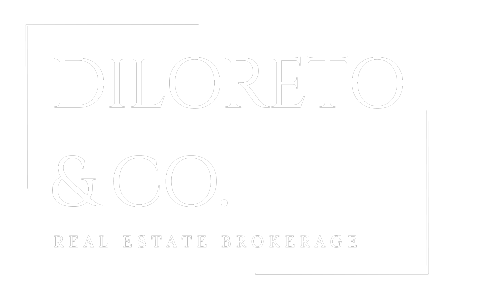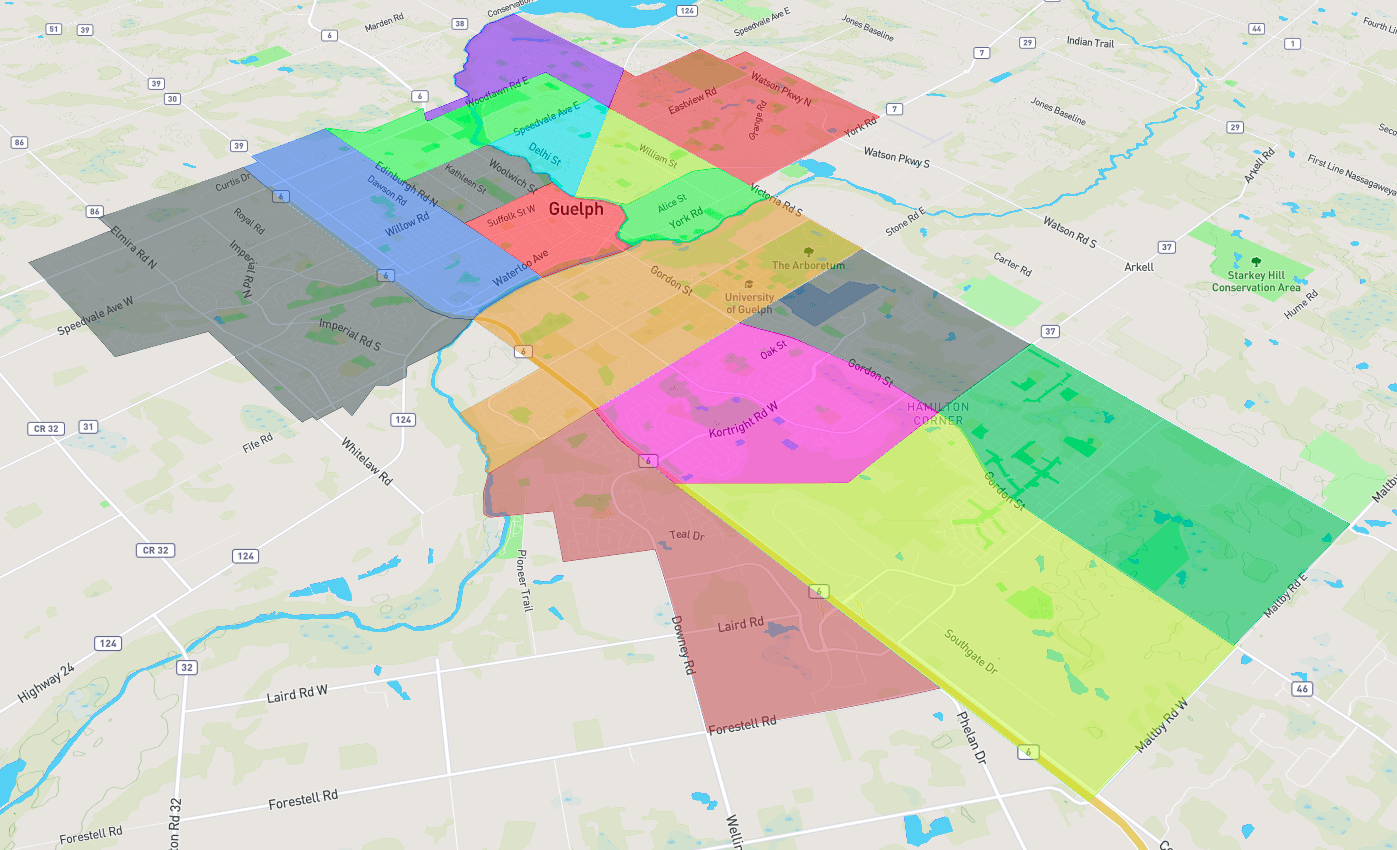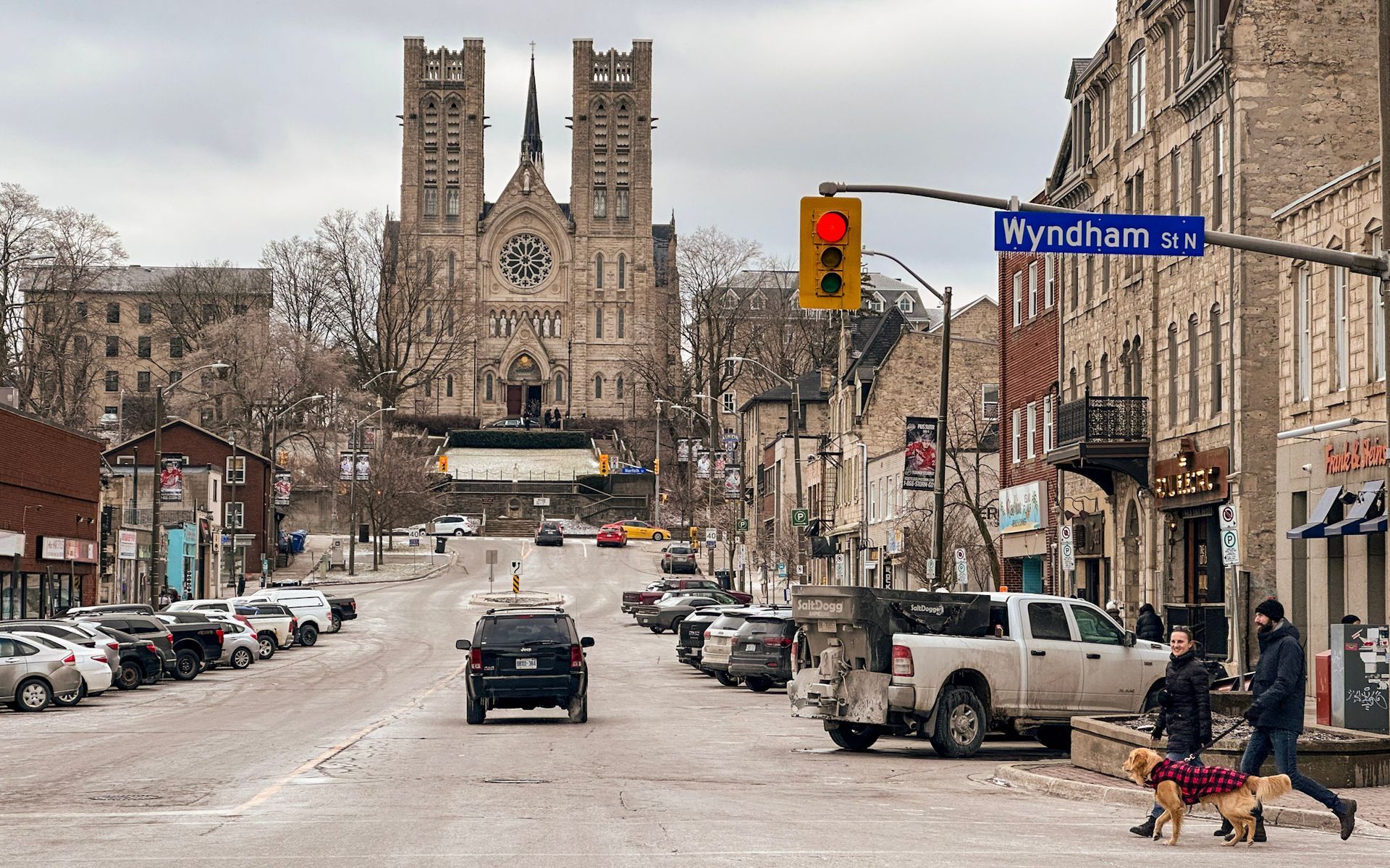
Can Tariffs Affect The Real Estate Market in Guelph?
Can Tariffs Affect The Real Estate Market in Guelph?
When discussing the factors that influence the real estate market, most people think about interest rates, supply and demand, and economic growth. However, one less obvious but potentially significant factor is tariffs. While tariffs primarily affect international trade, their impact can trickle down into local real estate markets, including Guelph.
What Are Tariffs and How Do They Work?
Tariffs are taxes or duties imposed on imported goods and services. Governments use them to protect domestic industries, generate revenue, or respond to international trade disputes. When tariffs increase, the cost of imported goods rises, potentially leading to higher consumer prices and inflation.
How Tariffs Can Impact Guelph’s Real Estate Market
1. Higher Construction Costs
Many building materials, including steel, lumber, and aluminum, are subject to international trade policies. If tariffs are placed on these materials, the cost of new home construction and renovations may rise.
2. Increased Costs for Homebuyers and Renters
When construction costs go up, developers often pass those expenses onto buyers. This can make purchasing a home more expensive and drive up rental prices as well. Tariffs could exacerbate the situation, making it even harder for first-time buyers to enter the market.
3. Potential Impact on Jobs and Economic Growth
Tariffs can affect industries beyond real estate. If local businesses rely on imported goods that become more expensive due to tariffs, they may cut jobs or reduce expansion plans. A weaker job market can lead to decreased demand for housing and a slowdown in real estate activity.
4. Interest Rates and Inflation
f tariffs contribute to higher inflation, the Bank of Canada may respond by increasing interest rates. Higher interest rates make borrowing more expensive, discouraging people from purchasing homes and affecting overall market activity.
The Local Perspective: Guelph’s Resilient Market
Guelph has a strong and growing real estate market, thanks to its desirable location, excellent amenities, and proximity to major economic hubs like Toronto. While tariffs could create short-term challenges, the long-term outlook for Guelph remains positive. Homebuyers and investors should stay informed about economic policies and be prepared to adapt to market changes.
While tariffs may not be the first thing that comes to mind when thinking about real estate, they can have a ripple effect on housing markets, including in Guelph. By increasing construction costs, affecting affordability, and influencing broader economic conditions, tariffs have the potential to impact home prices and investment decisions. Staying informed and working with knowledgeable real estate professionals can help buyers and sellers navigate these potential challenges effectively.
If you’re thinking about buying or selling a home in Guelph, it’s essential to understand all the factors that can influence the market. Feel free to reach out to our team for insights tailored to your specific needs.
Are you ready for a REAL chat?
QUICK LINKS
NEWSLETTER
Stay up-to-date about what's happening with Real Estate.
Thank you for subscribing to our newsletter.
Oops, there was an error sending your message.
Please try again later
Please try again later
© 2025 DiLoreto & Co. Real Estate Brokerage.





